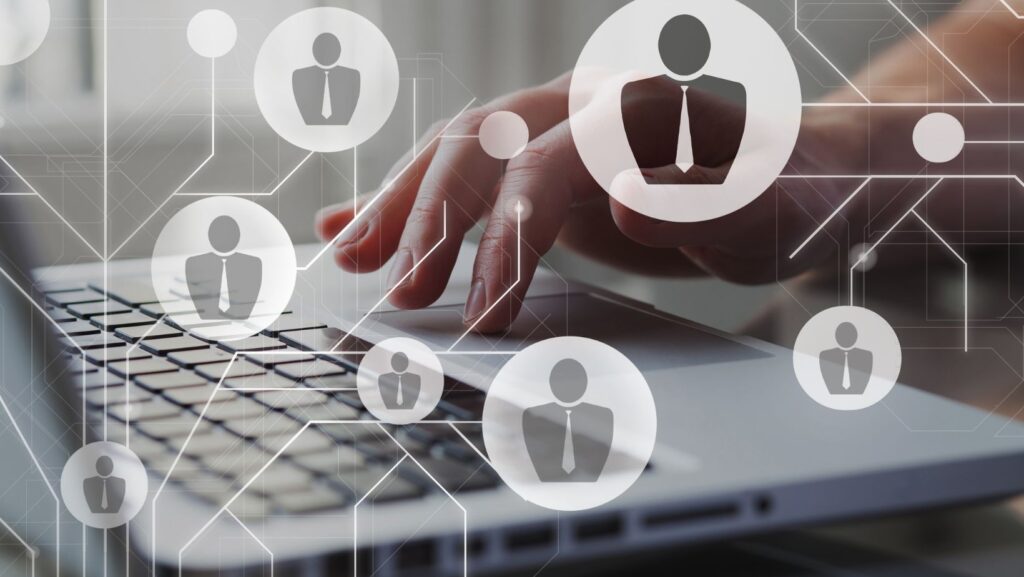In today’s fast-paced digital landscape, staying ahead of the curve in HR technology is crucial for businesses looking to streamline operations and enhance employee experiences. As I delve into the latest HR technology trends, I’ll uncover how advancements in artificial intelligence, data analytics, and automation are reshaping the way organizations manage their human resources. From predictive analytics for talent acquisition to virtual onboarding solutions, the evolution of HR tech is revolutionizing the workplace.
Join me on a journey through the ever-evolving realm of HR technology, where I’ll explore how cloud-based platforms, mobile applications, and remote work tools are redefining the employee experience. By embracing these cutting-edge trends, companies can boost efficiency, foster collaboration, and adapt to the changing demands of the modern workforce.
Hr Technology Trends
Exploring HR technology trends is essential in today’s dynamic corporate environment. From artificial intelligence (AI) to data analytics, these trends are reshaping how organizations manage their human resources. Predictive analytics plays a pivotal role in talent acquisition by enabling companies to make informed decisions based on data-driven insights.
Cloud-based platforms are becoming increasingly popular in HR tech, offering scalable and secure solutions for storage and data management. Mobile applications are revolutionizing employee engagement and performance tracking, providing real-time access to critical HR information. Moreover, remote work tools are essential for today’s dispersed workforce, fostering collaboration and productivity across geographically diverse teams.

Impact of Artificial Intelligence in HR
Incorporating Artificial Intelligence (AI) in HR practices has significantly transformed the way organizations manage their human resources. AI empowers HR departments to automate routine tasks, enhance decision-making processes, and improve overall operational efficiency. Leveraging AI technologies in recruitment processes can streamline candidate screening, identify top talent more efficiently, and reduce time-to-fill for open positions.
AI-powered chatbots are revolutionizing the employee onboarding experience by providing real-time assistance to new hires, answering queries promptly, and guiding them through the initial days in a new role. These chatbots can also assist in addressing employees’ HR-related inquiries, such as leave requests, policy clarifications, and training opportunities, freeing up HR professionals to focus on more strategic initiatives.

Adoption of Remote HR Tools
Diving deeper into HR technology trends, I focus on the adoption of remote HR tools in today’s digital landscape. Remote work has become increasingly prevalent, making the use of virtual HR tools indispensable for efficient workforce management.
- Virtual Onboarding Platforms: Platforms like Click Boarding and Enboarder facilitate seamless onboarding experiences for remote employees. These tools provide an interactive and engaging onboarding process, ensuring that new hires feel connected and integrated into the company culture from day one.
- Collaborative Communication Tools: Applications such as Slack, Microsoft Teams, and Zoom are vital for remote teams to communicate effectively and collaborate on projects. These tools enable real-time messaging, video conferencing, and file sharing, facilitating seamless communication among team members regardless of their physical location.
- Remote Performance Management Software: Tools like 15Five and Lattice help organizations manage employee performance remotely. These platforms allow for setting goals, providing feedback, and conducting performance reviews virtually, ensuring that performance management processes can be carried out efficiently in a remote work setting.
- Virtual Training and Development Platforms: Platforms like Udemy for Business and Coursera for Business offer online learning solutions for remote employees. These platforms provide access to a wide range of courses and training materials, allowing employees to upskill and develop professionally from anywhere.
- AI-Powered HR Solutions: AI-driven tools such as Mya Systems and Textio assist in automating recruitment processes and enhancing candidate experiences. These tools utilize AI algorithms to screen resumes, schedule interviews, and provide personalized communication, streamlining the recruitment process for HR professionals.
By leveraging these remote HR tools, organizations can effectively manage their remote workforce, enhance employee engagement, and drive productivity in a distributed work environment. Adapting to the evolving trends in HR technology is crucial for modern businesses to optimize their HR processes and foster a culture of innovation and efficiency.

